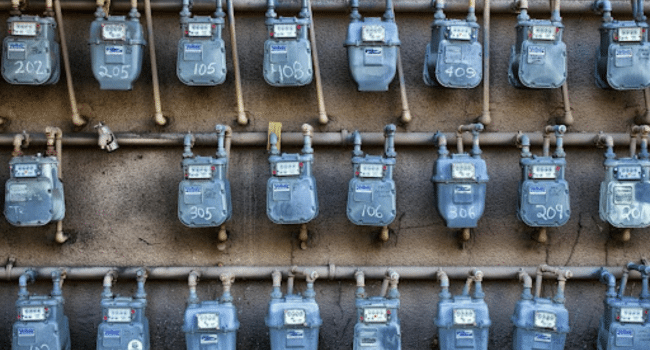Table of Contents
Homeowners trying to lower their electricity costs and environmental effects now prioritise energy efficiency. Investing in energy-efficient appliances and gadgets, optimizing heating and cooling systems, employing water conservation measures, and merging smart home technology will enable individuals to cut their energy use while greatly increasing comfort and convenience. These methods produce fast financial savings and enable a more environmentally friendly way of life. Hence, consumers should investigate and apply ideas that support effectiveness in their daily lives.
Energy-efficient appliances and electronics
Purchasing high-efficiency electronics and appliances will help lower your running costs significantly. Products with the Energy Saving Trust Recommended badge promise a first-class energy economy. Upgrading lowers consumption and boosts performance. Integrating smart plugs and timers to manage when your devices are active can help you maximise savings. Get in touch today with a solar panel specialist to investigate other sustainable energy options for even further optimisation.
Heating and cooling efficiency
Your heating and cooling systems can be optimised to reduce energy costs significantly. Effective operation of these systems depends on regular maintenance, including filter cleaning and leak detection. A programmable thermostat lets you better regulate temperature settings when not at home, allowing you to cut heating or cooling depending on the situation. Reducing heat loss in your house by improving insulation will help keep it cooler in summer and thus ease the demand for your heating and cooling systems in winter. Optimising these systems can provide both immediate savings and long-term efficiency.
Water conservation
Using water-saving techniques will clearly lower utility expenditures. Little adjustments like installing low-flow showerheads and taps and quickly correcting leaks can greatly cut water usage without compromising comfort. Furthermore, helping with conservation is gathering rainwater for use in gardens and substituting a broom for a hose to sweep driveways. Being aware of water consumption throughout regular activities, such as shorter showers and turning off the tap while brushing teeth, benefits the environment and helps control your costs. Small changes can result in substantial savings while reducing environmental impact.
Smart home technology
Including smart home technologies can significantly improve the energy economy and save utility expenses. Precision control over energy use made possible by smart thermostats, lighting systems, and energy monitors lets you change settings far away or create plans fit for your schedule. Smart plugs can be configured, for example, to turn off appliances when not in use, therefore preventing phantom energy consumption. Moreover, many smart systems offer insights into your consumption patterns, enabling you to find places where you may reduce your energy use and make wise judgements about it. Integrating smart technology can transform your home into a more efficient, cost-effective space.
Conclusion
Energy-efficient appliances, changing heating and cooling systems, water conservation, and smart home technology integration help to greatly reduce utility bills and encourage environmental sustainability. Homeowners can improve the comfort and efficiency of their living areas by choosing wisely and implementing sensible ideas. These techniques lower water and energy consumption and enable people to take charge of their utility bills, promoting a more sustainable and reasonably priced way of living.
Image attributed to Unsplash.com
